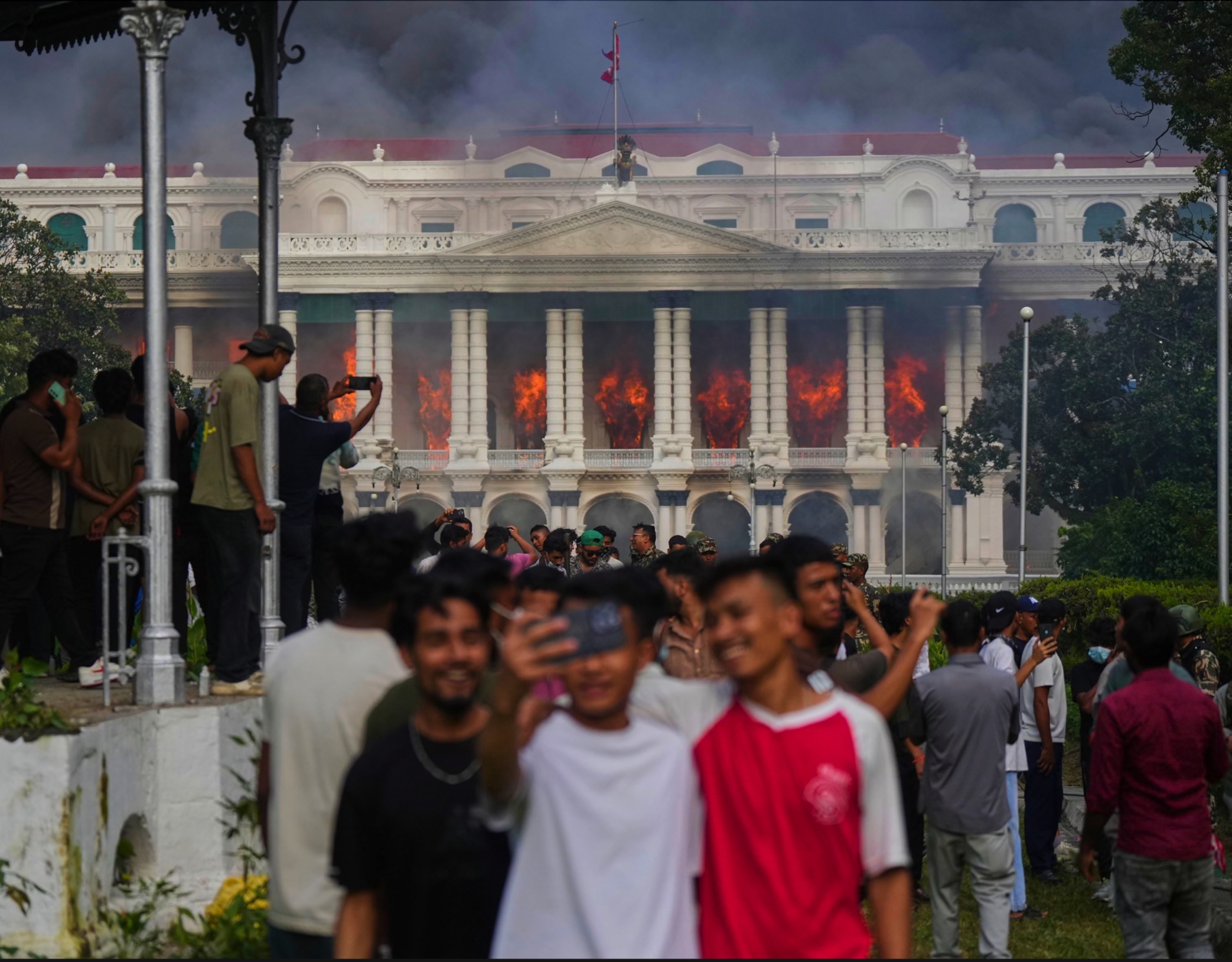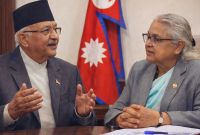GenZ Movement in Nepal: A Homegrown Democratic Reckoning, Not Foreign Interference

Kathmandu — Nepal’s recent GenZ Movement has opened a new chapter in the country’s democratic journey. While some political leaders have tried to frame it as the result of foreign meddling or hidden conspiracies, the movement is, in reality, a homegrown outburst of public frustration. It reflects how, when citizens feel consistently ignored, they rise up to demand reform. This is democracy’s core strength: the ability of people to redirect political power back toward accountability.
For decades, Nepal’s established political parties have failed to deliver on basic promises—job creation, quality education, healthcare reform, and the fair use of national resources. Instead, many citizens feel that these resources have been diverted for partisan interests. The result has been deepening public disappointment, especially among the youth. Lacking opportunities, seeing the same leaders monopolize power, and facing systemic opacity, young people have grown increasingly restless. Their discontent ultimately spilled onto the streets in the form of the GenZ protests.
The message of the movement is blunt: the younger generation will no longer accept politics-as-usual. Their expectations are concrete and practical—employment opportunities, political transparency, and meaningful participation in decision-making. They have made it clear that empty slogans and manifesto promises will no longer suffice. This is not merely a critique of the ruling government but a challenge to the entire political structure. Attempts to dismiss it as foreign interference only distract from the real issues and help parties avoid accountability for their own failures.
Democracy, by its very nature, is a system of self-correction. When leaders or institutions stray, citizens themselves act to steer the system back on course. Nepal’s GenZ Movement is a textbook example of this process. Born not from external influence but from domestic frustration and the desire for reform, it highlights both the resilience of Nepali society and the impatience of its youth with a stagnant political order.
For Nepal’s parties, the lesson is stark: stop externalizing blame and start listening to citizens. If they continue to dismiss this movement as a foreign plot, they risk repeating the same cycle of failure. Public dissatisfaction cannot be silenced indefinitely, nor can it be explained away. In the end, democracy belongs to the people, and when they rise, it is their collective power—not any outside force—that proves decisive.




![From Kathmandu to the World: How Excel Students Are Winning Big [Admission Open]](https://www.nepalaaja.com/img/70194/medium/excel-college-info-eng-nep-2342.jpg)
